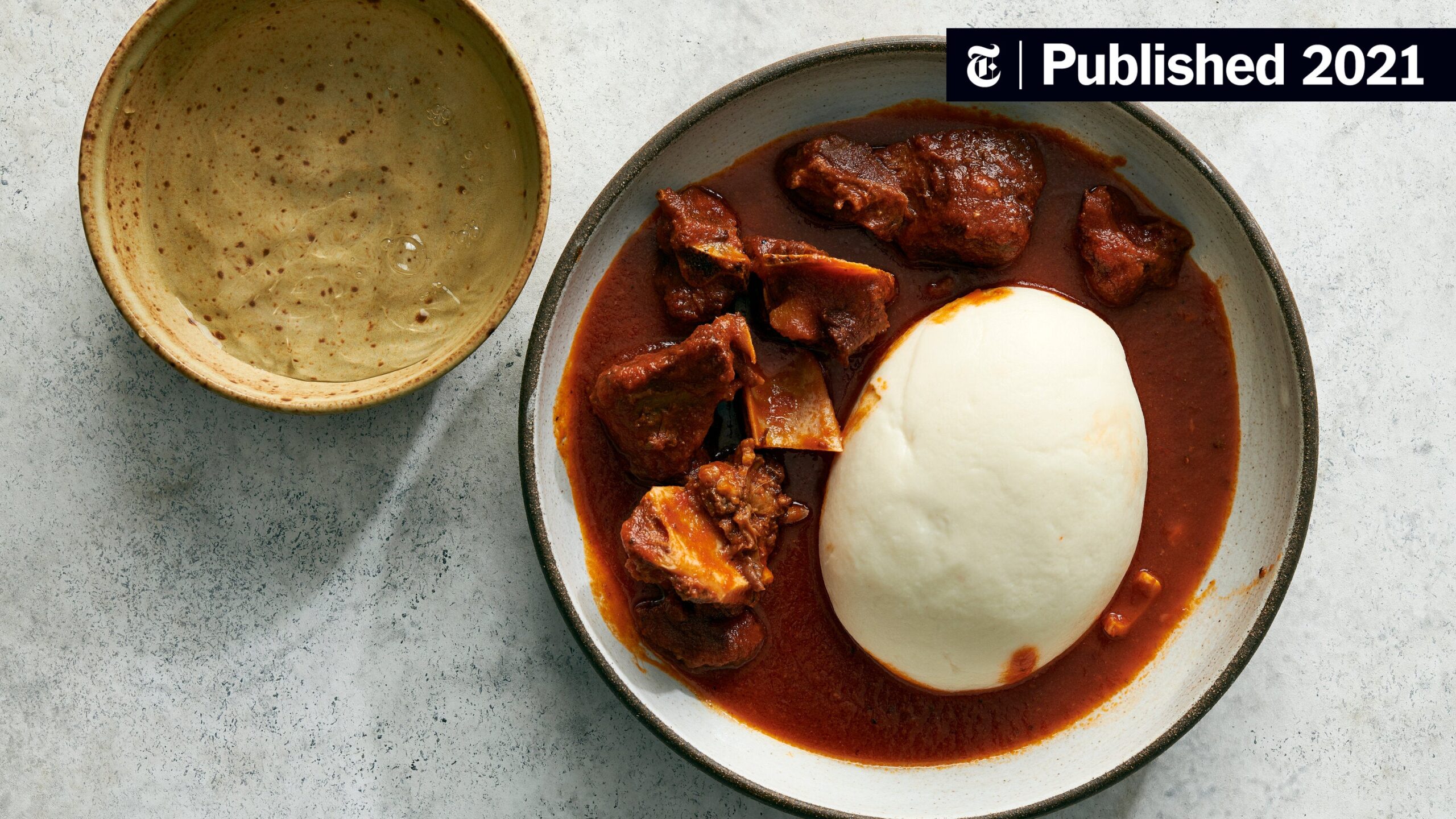African and Caribbean cuisine differ in terms of ingredients, techniques, and cultural influences. African cuisine uses a variety of grains, beans, legumes, and vegetables, while Caribbean cuisine is a fusion of African, European, and indigenous cultures that includes ingredients such as coconut, cassava, and yams, as well as seafood and a variety of spices. African dishes are often prepared using simple techniques, while Caribbean cuisine uses more complex cooking methods. African culinary traditions have spread to other parts of the world, while Caribbean cuisine is a fusion of cultures that have influenced each other over time.
African vs. Caribbean Cuisine: A Comparison of Regional Ingredients and Techniques
African and Caribbean cuisine are both renowned for their unique flavors and exquisite taste. These regional dishes are made using distinct techniques and ingredients that set them apart from each other. In this article, we will delve deeper into the differences between African and Caribbean cuisine and explore the varying culinary traditions that help shape these distinct culinary cultures.
Regional Differences in Ingredients
The ingredients used in African and Caribbean cuisine vary greatly due to the geographical and cultural differences between the two regions. African cuisine is heavily influenced by the availability of ingredients in different parts of the continent, resulting in a diverse range of dishes. The cuisine relies heavily on grains such as millet, sorghum, and teff, along with a variety of beans, legumes, and vegetables.
Caribbean cuisine, on the other hand, is heavily influenced by its history of trade and colonization. The food is a fusion of African, European, and indigenous cultures, resulting in a mix of ingredients not found in other cuisines. Caribbean dishes commonly feature ingredients such as coconut, plantains, cassava, and yams, along with seafood and a variety of spices.
Techniques of Preparation and Cooking
The techniques of preparation and cooking also differ between African and Caribbean cuisine. African cuisine is often prepared using simple techniques such as braising, stewing, and grilling. The use of spices and herbs is prevalent in African dishes, and they are often used to season meat or add flavor to stews and soups.
In contrast, Caribbean cuisine is often prepared using more complex cooking techniques, such as frying, baking, and roasting. This is due to the influence of European and indigenous cultures on Caribbean cuisine, resulting in more elaborate cooking methods. Caribbean dishes are also known for their bold and flavorful seasonings, with spices such as nutmeg, allspice, and ginger commonly used in their dishes.
Influence of History and Culture
The differences in ingredients and techniques can be attributed to the varying influences of history and culture on African and Caribbean cuisine. African cuisine is heavily influenced by the diverse cultures and traditions of its regions, resulting in a mix of flavors and ingredients unique to the area. Additionally, the forced migration of Africans to other parts of the world, such as the Caribbean and the Americas, has resulted in the spread of African culinary traditions and ingredients.
Caribbean cuisine, on the other hand, is heavily influenced by the region’s history of colonization and trade. The indigenous population, European colonizers, and African slaves all played a significant role in shaping the culinary traditions of the Caribbean. This resulted in a cuisine that is a fusion of various cultures and ingredients, resulting in a unique blend of flavors and techniques.
Conclusion
As we have seen, African and Caribbean cuisine are both unique and distinct culinary cultures, each with its own set of ingredients, techniques, and traditions. While both cuisines share some similarities, such as the use of spices and flavorsome ingredients, they are also vastly different in many aspects, such as the techniques of preparation and cooking. Understanding the differences and similarities between African and Caribbean cuisine can help to expand our culinary horizons and appreciate the delights of these two vibrant culinary cultures.
